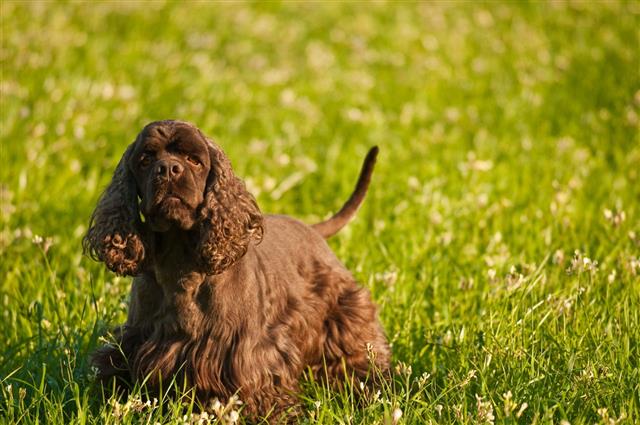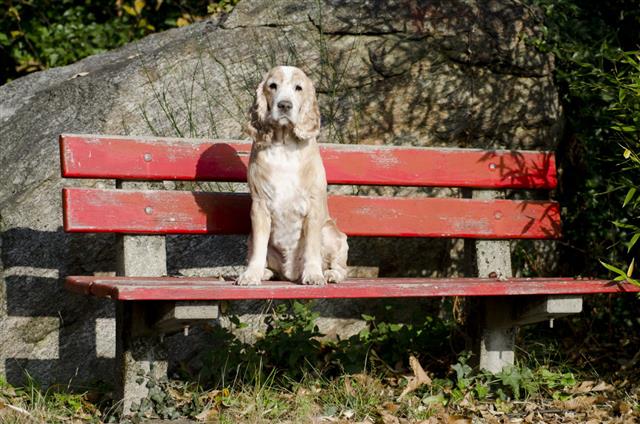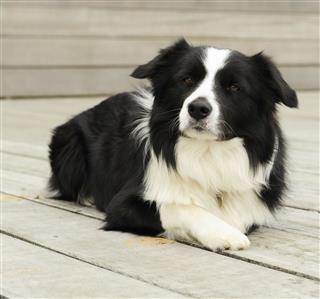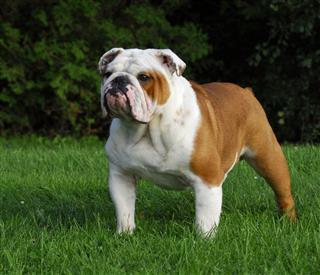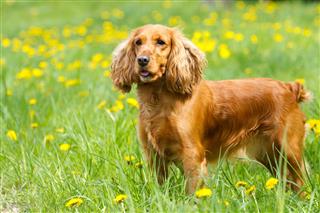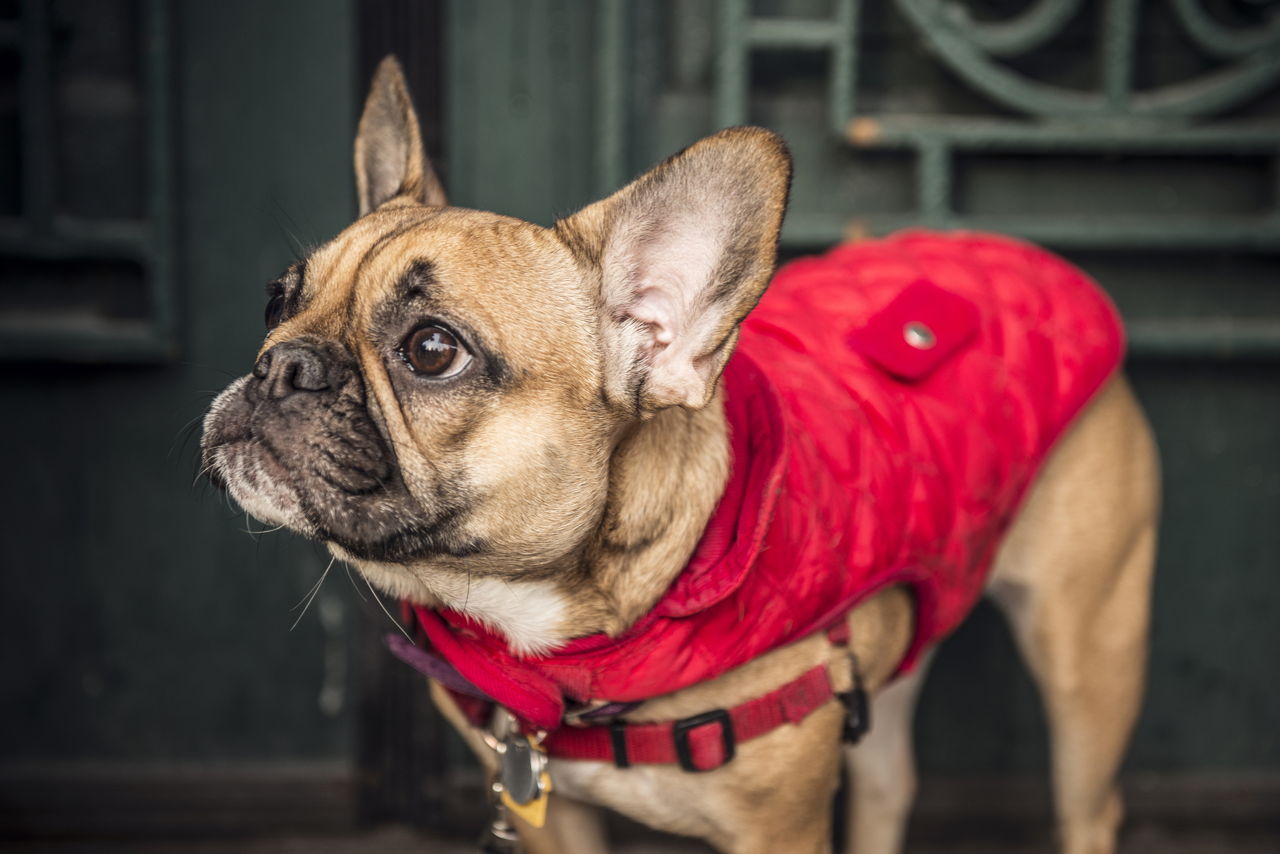
Read this DogAppy article to know about the treatment for pneumonia in dogs, along with its causes and symptoms.
We all love our pet dogs and enjoy spending time with them. However, if you want your dog to always remain fit and healthy, you need to take special efforts and ensure that it gets a good diet and proper care, which is essential for its healthy growth. In case of illnesses, it is important to provide the dog with the right treatment.
Pneumonia is a common health problem which dogs tend to contract. This condition requires timely treatment to avoid further complications. Puppies less than one year of age are usually most affected by this illness.
Proper treatment of pneumonia is essential to avoid the inflammation of the bronchi and the lungs. It should be started immediately as pneumonia in dogs can in some cases even prove to be fatal. Since prevention is better than cure, in the following lines we shall first examine the causes of pneumonia which must be avoided and then move on to the treatment procedure that one must follow.
Causes
Infections mainly caused due to parasitic, fungal or bacteria, and those because of viruses are the prime causes of pneumonia in dogs. Dyskinesia which results from lack of proper nutritious diet, malnutrition, immunosuppressant drugs, and the reduction in the clearance of the debris, which is inhaled in the lungs, are some of the common causes of pneumonia in dogs. It is worth noting that pneumonia resulting due to bacterial infections is more dangerous for the dogs than that resulting from other causes. Certain dog breeds are more prone to this disease and therefore proper treatment and care is needed for completely curing bacterial pneumonia in dog.
Symptoms
Knowing the symptoms of pneumonia in dogs can help in the early detection of this disease. They following is a list of the common symptoms:
- Frequent coughing
- Fever
- Dehydration
- Breathing problems
- Mucous secretion
- Appetite loss
- Nasal discharge
- Panting and lethargic behavior
The bulging out of the lips of the dog, rapid breaths, blue color of the tongue and lips and increase in the body temperature are some signs of this illness.
Treatment
The cure can be carried out at home, if the dog’s condition is not too serious and if it is having its food normally. The veterinary doctor will typically stress on optimal hydration by the application of fluid therapy. Your dog may also have to undergo airway humidification using a vaporizer. Opening the delicate bronchial tubes by giving medicines such as terbutaline, theophylline or albuterol might also be necessary. In the treatment for pneumonia, the chest wall is gently tapped to assist the process of coughing. The antitussive drugs however, are not recommended for suppressing the reflexes of the cough in the dogs.
The treatment involves solving the problem of breathing difficulty and the resultant oxygen shortage by giving supplemental oxygen. Hospitalization might be required in some cases and giving humidified oxygen can be necessary. Removal of external elements which are supposed to be the root causes of pneumonia in dogs, can be done with a surgical procedure which is also a part of the treatment of pneumonia. The antibiotic treatment should be given after taking into consideration the dog health at that particular point of time and the suggestions of the veterinarians. Nebulizers, which actually contain antibiotic medicines, are also used as they help to provide the necessary moisture.
If you suspect that your dog is suffering from pneumonia, it is important that you act fast and do not wait for the situation to worsen. Timely and proper treatment is essential in curing your dog of this illness and restoring its health.
Disclaimer: This DogAppy article is for informative purposes only, and should not be replaced for the advice of a vet.
